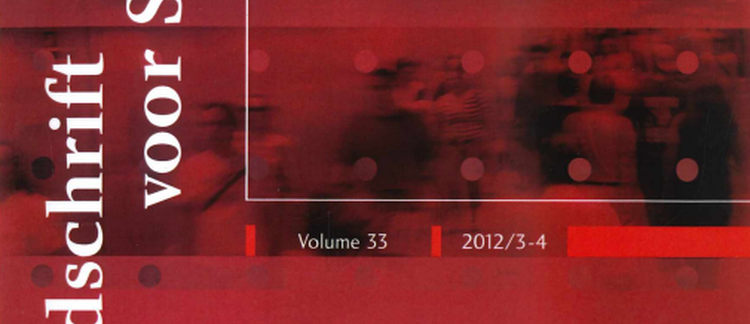Abstract
Maternal employment depends on the economic benefits of continued labour force participation, the attitudes towards combining work and family, and the availability of provisions that support maternal employment. Although the impact of family formation on maternal employment has received ample attention, this is less the case for full-time maternal employment. Using data from the Generations and Gender Surveys, we look into the impact of family formation and education on full-time employment of women in 10 countries. The results indicate that the labour market position of lower educated women is already weaker before entering parenthood, but also subject to considerable variation between countries. Among higher educated women, between-country differentials in full-time employment only emerge after parenthood. Full-time employment of both lower and higher educated women with young children (< 3 years) is strongly associated with the availability of childcare provisions. As the age of the youngest child in the household increases, full-time employment recovers for Norway and the Eastern-European countries. France and Belgium take an intermediate position. In Austria and West-Germany the recovery of full-time employment among mothers is largely absent.
How to Cite:
Neels, K. & Theunynck, Z., (2012) “Gezinsvorming en vrouwelijke arbeidsparticipatie: de opleidingsgradiënt van voltijds werk en attitudes ten aanzien van gezin en werk in 10 Europese landen”, Tijdschrift voor Sociologie 33(3-4), 428–461. doi: https://doi.org/10.21825/sociologos.86811
Downloads:
Download PDF
View
PDF


